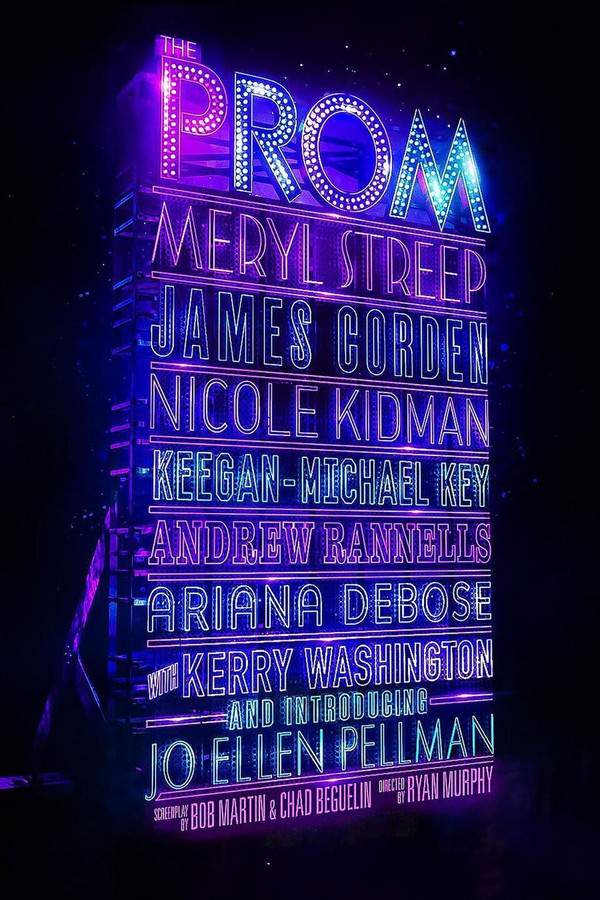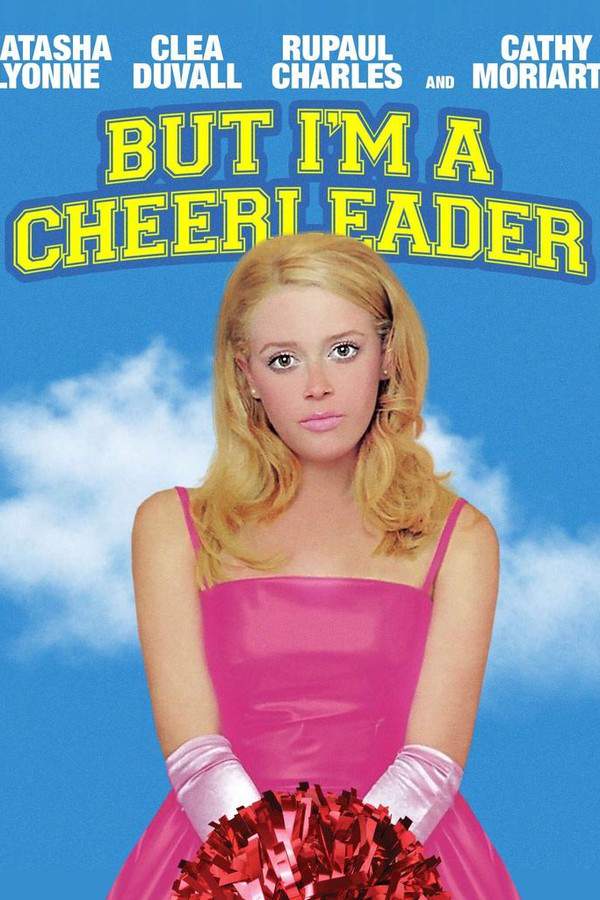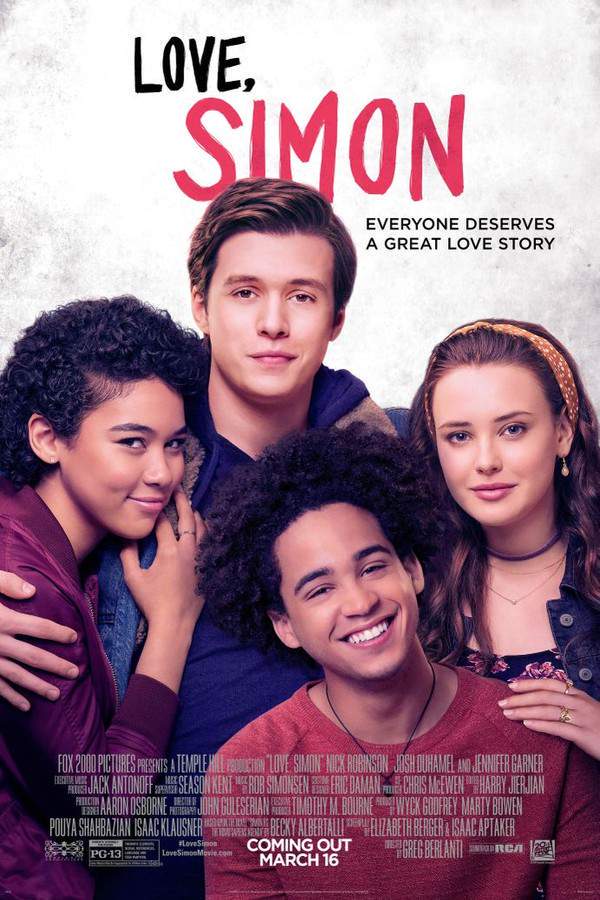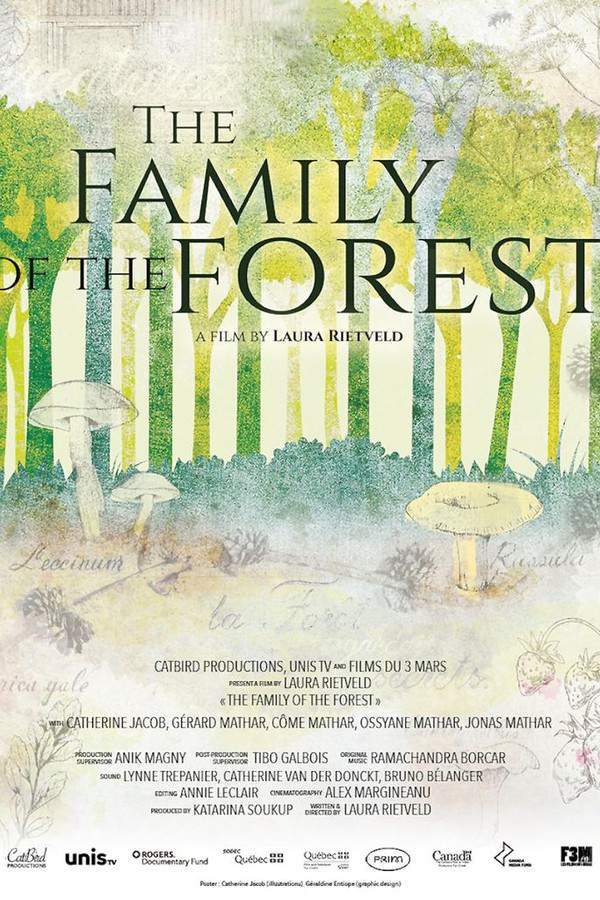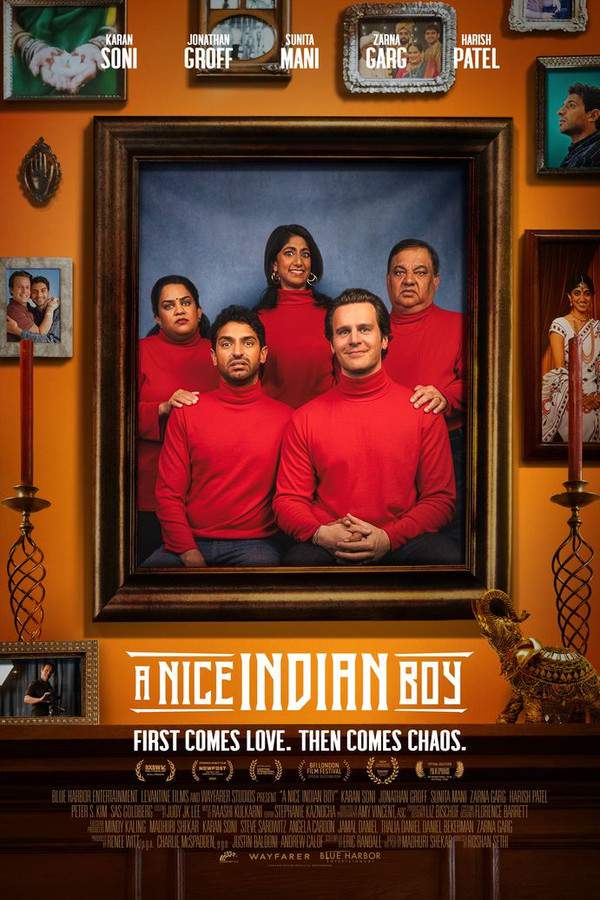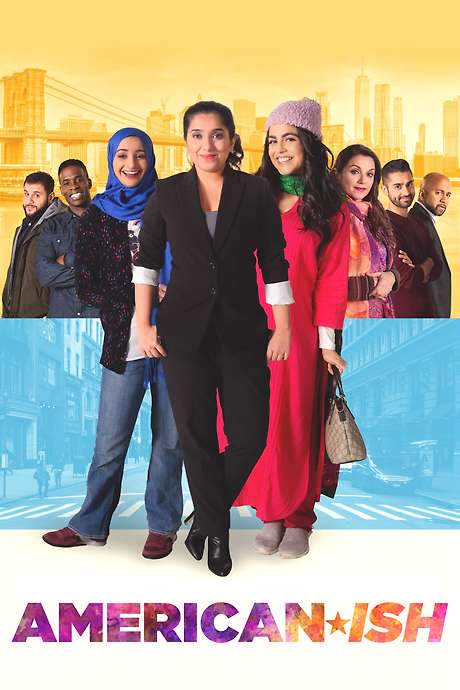
Shubh Mangal Zyada Saavdhan
Karthik and Aman face challenges as they pursue their relationship, navigating family expectations and societal pressures. While Aman's family attempts to arrange a marriage for him, Karthik remains determined to marry Aman, leading to humorous and heartwarming situations. This film serves as a sequel to the 2017 movie, Shubh Mangal Saavdhan, exploring themes of love, acceptance, and family bonds.
Warning: spoilers below!
Haven’t seen Shubh Mangal Zyada Saavdhan yet? This summary contains major spoilers. Bookmark the page, watch the movie, and come back for the full breakdown. If you're ready, scroll on and relive the story!
Shubh Mangal Zyada Saavdhan (2020) – Full Plot Summary & Ending Explained
Read the complete plot breakdown of Shubh Mangal Zyada Saavdhan (2020), including all key story events, major twists, and the ending explained in detail. Discover what really happened—and what it all means.
Aman Tripathi [Jitendra Kumar] is an advertiser from an orthodox middle-class family in Allahabad. His world centers on his mother Sunaina Tripathi [Neena Gupta], a devoted housewife, and his father Shankar Tripathi [Gajraj Rao], a conservative agricultural scientist who just unveiled a new variety of black cauliflowers, along with a bustling aunt, uncle, and a circle of cousins. Aman currently shares a flat in Delhi with his boyfriend, Kartik Singh [Ayushmann Khurrana], as they navigate love, secrecy, and the tug-of-war between family duty and personal happiness. When Sunaina asks Aman to attend her niece Goggle Tripathi [Maanvi Gagroo]’s wedding, the stage is set for a clash of generations and values that will test every bond in the family. The plan behind the scenes is for Aman to marry Kusum Nigam [Pankhuri Awasthy], a family friend’s daughter, so that the union would appear conventional on the surface.
On the train dubbed the “Vivah Express,” where Aman’s relatives are already gathered, the veil between private life and public expectation slips. Aman and Kartik share a kiss, and the moment is witnessed by Shankar, who immediately confronts their love. Kartik urges Aman to come out to his father, while Shankar urges him to keep his distance. At Goggle’s wedding, the tension erupts: Shankar tries to separate the couple, but the kiss goes public and rocks the ceremony. Sunaina and Shankar confront Aman, who patiently explains his truth, yet their acceptance remains out of reach. Amid the chaos, Kusum Nigam becomes a focal point—she is arranged to wed Aman, while a broader family conflict unfolds around whether such a match can ever be right.
As the wedding plan thickens, Chaman Tripathi [Manu Rishi Chadha] whiskers Kartik away to the railway station in a bid to force him out of the picture, while Shankar resorts to pressure and manipulation to secure Aman’s agreement to the arranged marriage. Goggle, increasingly vocal about the fairness of love, flees to the railway station and even contemplates despair, only to be stopped by Kartik’s steadfast support. Kartik and Goggle collaborate to show Aman that life is more than a single chosen path, and that family love can still exist even if society doesn’t approve. Goggle reveals that she had known about Aman’s sexuality since childhood, and her choice to support him becomes a turning point for the entire family.
Back in Allahabad, Kusum reveals a different truth: she loves another man, Rakesh, and suggests a compromise that would let them fulfill familial expectations while living with their respective loves in Delhi. The parents, particularly Shankar and Sunaina, decide to rechristen Aman in a ritual meant to “cleanse” him of his sins, a decision that casts a long shadow over the impending wedding. As Goggle and Kartik arrive, the confrontation escalates: Shankar beats Kartik, and Kusum’s deception begins to unravel. Yet Aman’s resolve intensifies, and he agrees to marry Kusum to protect Kartik from harm.
The wedding day arrives just as a larger sweep of history looms: the Supreme Court is about to issue a landmark ruling on decriminalizing homosexuality. The family wrestles with past lovers and present loyalties, realizing that they have all been living half-heartedly under the weight of convention. Kartik challenges Shankar by exposing a symbolic “worm-filled” black cauliflower, a stark metaphor for the rot in rigid beliefs. Kusum flees with Sunaina’s jewelry, leaving behind a revealing note in Aman’s room. Goggle steps into the breach, and the pair of lovers—Aman and Kartik—receive unexpected help from Goggle herself.
During the ceremony, Shankar’s suspicions flare as Kartik reappears in the guise of the bride, prompting stunned reactions from everyone. Goggle presents the note to Sunaina, and Aman publicly confesses his love for Kartik, asking whether their father-son bond could survive such truth. Sunaina is reminded that she may have lost her son long before she lost her jewelry, and the mood shifts from judgment to reflection. The police arrive to arrest Aman and Kartik when Kusum is caught trying to flee with the stolen jewelry and reveals the couple’s sexuality. Chaman steps forward with a powerful defense, echoing a call for empathy that unsettles Shankar and Sunaina enough to reconsider their stance. The officers must enforce the law, but the night ends with a renewed sense of possibility as Kusum returns the jewelry and Goggle’s parents acknowledge that marriage isn’t everything, allowing her the option to stay single if she wishes. Shankar, confronted with the truth in his own heart, admits that his black cauliflowers—his rigid beliefs—are full of worms, a revelation that begins his own transformation.
The next day brings the Court’s historic verdict: homosexuality is decriminalized. Aman and Kartik are finally embraced by the family, and they prepare to leave for Delhi together. In a final act of growth, Shankar burns all the remaining black cauliflowers and sends Aman and Kartik off at the station, telling them, with a tempered tenderness, that he may not fully understand their love but wishes for them to live life to the fullest. The closing frames imply a future where Aman and Kartik run toward happiness, supported by a family learning to reimagine acceptance and redefine what it means to love.
Last Updated: October 14, 2025 at 04:07
Explore Movie Threads
Discover curated groups of movies connected by mood, themes, and story style. Browse collections built around emotion, atmosphere, and narrative focus to easily find films that match what you feel like watching right now.
Heartwarming LGBTQ+ Rom-Coms like Shubh Mangal Zyada Saavdhan
Funny, heartfelt LGBTQ+ love stories that challenge societal norms and family expectations.Discover movies like Shubh Mangal Zyada Saavdhan that blend romance and comedy with LGBTQ+ themes. These similar stories explore the journey of queer couples facing societal and family opposition, offering a mix of laughter, drama, and ultimately uplifting conclusions about love and acceptance.
Narrative Summary
The narrative typically follows a central LGBTQ+ couple whose relationship is tested by external pressures, often from their families or conservative communities. The conflict escalates through a series of comedic yet tense confrontations, leading to a climax where love triumphs, resulting in personal growth for the characters and some form of acceptance from those around them.
Why These Movies?
Movies in this thread are grouped by their shared focus on a joyous, comedic exploration of queer identity within the familiar framework of a romantic comedy. They balance lighthearted moments with the weight of societal conflict, creating a uniquely hopeful and affirming viewing experience.
Culture Clash Family Comedies like Shubh Mangal Zyada Saavdhan
Heartwarming comedies where progressive love collides with traditional family values.If you liked Shubh Mangal Zyada Saavdhan, explore similar movies about modern love challenging tradition. These films feature generational conflict, family drama, and comedic situations arising from the clash between progressive relationships and conservative cultural or family expectations, all leading to heartwarming resolutions.
Narrative Summary
The plot revolves around a protagonist(s) whose choice of partner defies their family's conventional plans, such as an arranged marriage. This sets off a chain of escalating, often funny, misunderstandings and confrontations. The central journey is about persuading the family, proving the legitimacy of the relationship, and ultimately finding a new, blended understanding of love and tradition.
Why These Movies?
These films share a specific emotional recipe: the tension of defying expectations, the comedy derived from cultural misunderstandings and family antics, and the heartfelt payoff of reconciliation. They explore the universal theme of balancing individual happiness with family duty in a changing world.
Unlock the Full Story of Shubh Mangal Zyada Saavdhan
Don't stop at just watching — explore Shubh Mangal Zyada Saavdhan in full detail. From the complete plot summary and scene-by-scene timeline to character breakdowns, thematic analysis, and a deep dive into the ending — every page helps you truly understand what Shubh Mangal Zyada Saavdhan is all about. Plus, discover what's next after the movie.
Shubh Mangal Zyada Saavdhan Timeline
Track the full timeline of Shubh Mangal Zyada Saavdhan with every major event arranged chronologically. Perfect for decoding non-linear storytelling, flashbacks, or parallel narratives with a clear scene-by-scene breakdown.

Characters, Settings & Themes in Shubh Mangal Zyada Saavdhan
Discover the characters, locations, and core themes that shape Shubh Mangal Zyada Saavdhan. Get insights into symbolic elements, setting significance, and deeper narrative meaning — ideal for thematic analysis and movie breakdowns.

Shubh Mangal Zyada Saavdhan Spoiler-Free Summary
Get a quick, spoiler-free overview of Shubh Mangal Zyada Saavdhan that covers the main plot points and key details without revealing any major twists or spoilers. Perfect for those who want to know what to expect before diving in.

More About Shubh Mangal Zyada Saavdhan
Visit What's After the Movie to explore more about Shubh Mangal Zyada Saavdhan: box office results, cast and crew info, production details, post-credit scenes, and external links — all in one place for movie fans and researchers.


